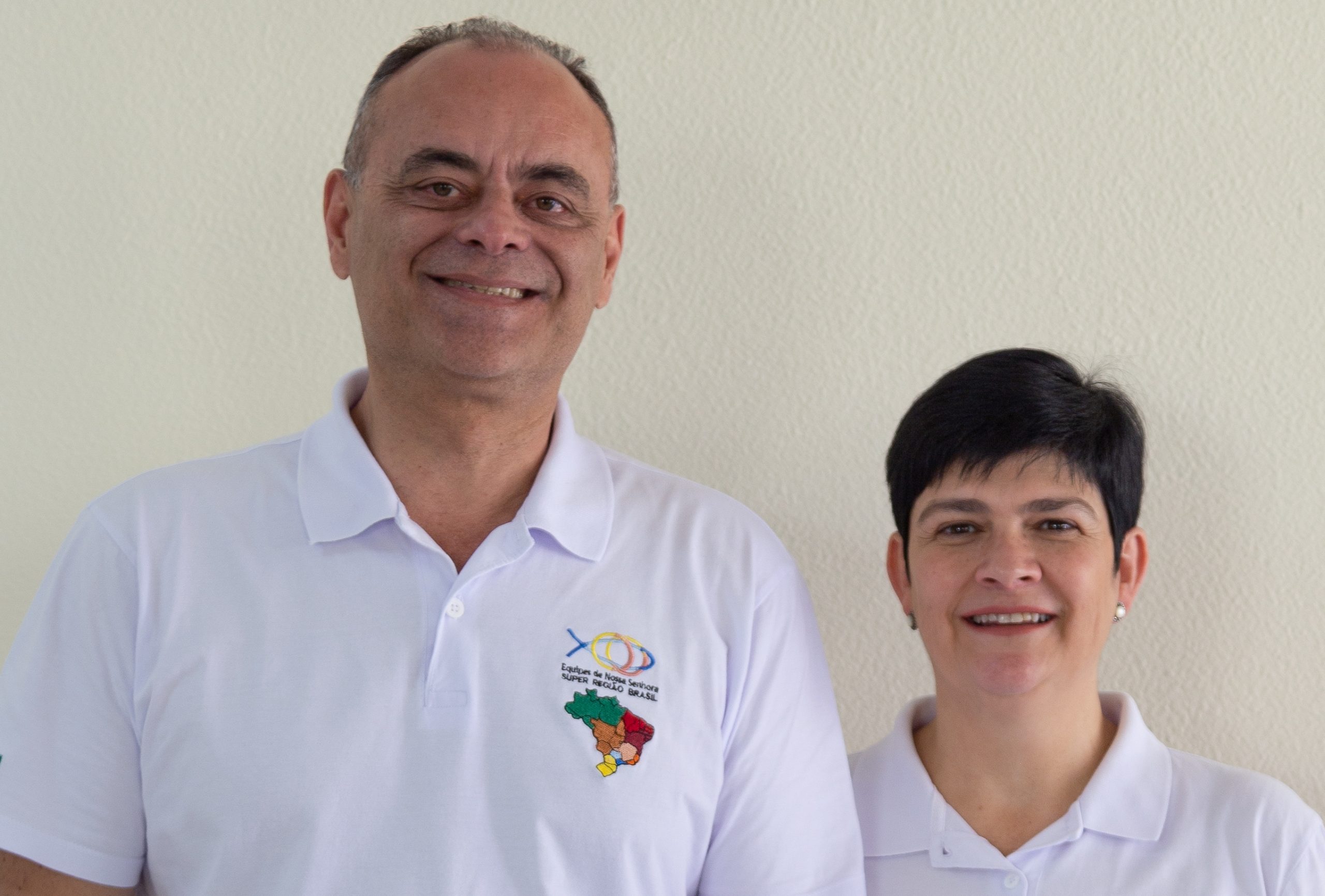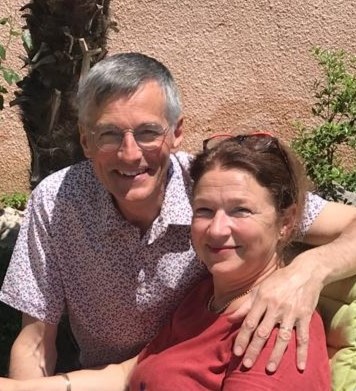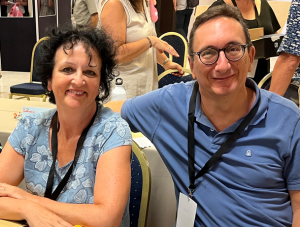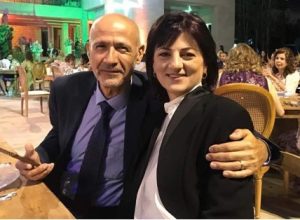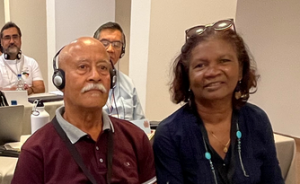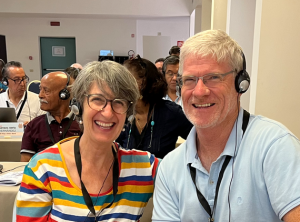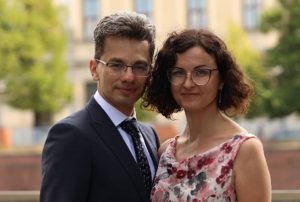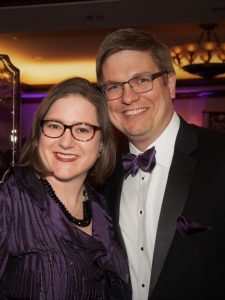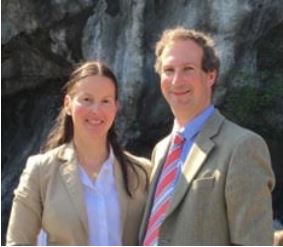
My very dear Friends,
I greet you in the hope that my message finds you well, busy as you are with your various activities, in which you seek to accomplish God’s will both as a couple and as a family. This way of looking at faith, which teaches us that the thinking and love of God precedes us, is truly comforting for us.
Today, it is very problematical to talk about love, a word that has been emptied of its original meaning. But we wish to have the boldness to continue to concentrate on this subject, notably within the context of your common spousal and conjugal nuptial vocation. Benedict XVI reminded us that we are redeemed, not by science, but by love (Spe Salvi, 26). Love that precedes us and finds is most sublime expression in the Heart of Jesus (Spe Salvi, 27).
Poetic literature and the mystic tradition speak of the wound of love, meaning that there is a profound and mysterious relationship between suffering and love. Indeed, suffering without love leads to frustration and despair, but love without suffering is merely the exploitation of the other person by reducing them to an object of pleasure. The love that redeems us, and that we learn at the school of the wounded love of the Sacred Heart, is an oblative love, which is apparent in the fidelity and availability to give oneself to the other person to the point of being able to give one’s life for them.
We ought to ask ourselves what pushes us to love or to want somebody else’s good: are we good or are we attracted by the goodness that emanates from others?
Love implies a leaning towards the other person, who attracts us by their goodness. Therefore, we ought to be attentive to recognising the goodness in the other and in trying to respect it. It is in this respect that love becomes apparent, and through which we desire the other person’s good because of the good that they have in and of themselves.
Pope Francis dedicated two sections of Lumen fidei to couples and the family. He explained that the conjugal relationship was very similar to the dynamic of faith.
“…a man and a woman can promise each other mutual love in a gesture which engages their entire lives and mirrors many features of faith. Promising love for ever is possible when we perceive a plan bigger than our own ideas and undertakings, a plan which sustains us and enables us to surrender our future entirely to the one we love.” (Lumen fidei, 52)
We live in an era when it seems that these words make little sense because today it is difficult to become involved in and commit to a relationship for our whole life, until death. Today, we are afraid or we feel incapable of ‘giving our whole future to the loved one.’ But Jesus tells us that what is impossible for man is possible for God and it is this divine possibility, which is the grace of the sacrament of marriage, that Christian couples are asked to bear witness to (cf. Mt 19, 26). Bear witness to the joy of giving our future to the loved one, a gift that truly redeems. Being a witness to this joy is the mission and charism of our Movement.
May the Lord give you his blessing and the abundance of his grace,





